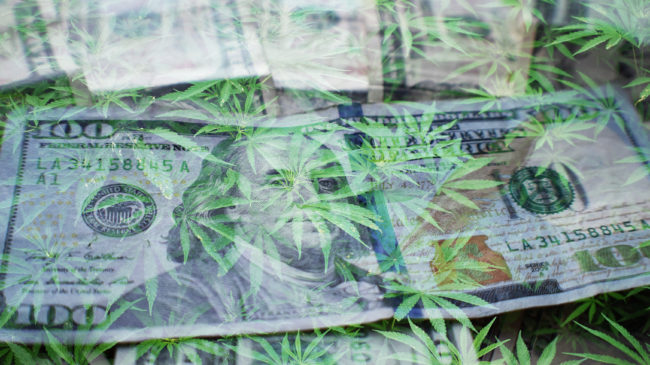For legal, adult-use marijuana, all states require an application fee and an annual license fee. Nevada and Colorado reduce some license fees after the first year of business while Alaska increases license fees for renewal licenses. In Michigan, renewed licenses may cost more or less depending on gross retail sales, gross weight transferred, or the number of tests completed for different license types. The rationale for this approach is that fees are based on a licensee’s wherewithal to pay. However, an alternative viewpoint is that the approach arbitrarily penalizes a licensee’s success in the marketplace.
Marijuana license fees are usually justified by governments as necessary to cover the costs of application review and industry enforcement. Yet Colorado brings in more than enough in fees to cover the costs of enforcement—not to mention tax revenue. Further, it is not clear that all marijuana enforcement programs are truly necessary. Programs funded by marijuana taxes and fees, while touted as benefits of cannabis legalization, can be detrimental when fees reduce entry in the industry and keep many in the black market.
Further, marijuana fees are much higher than most alcohol license fees in each respective state. If alcohol license programs can be funded with much smaller fees, perhaps marijuana programs could be as well. In order for reasonable fees to be charged, policymakers must provide detailed budgeting to justify licensing fees.
Unfortunately, the marijuana license fees discussed in this brief do not document all the fees that potential entrepreneurs must pay. With extremely limited access to bank financing, the marijuana industry remains open only to those with independent wealth or who have access to non-bank financing.
Full Policy Brief: Do Marijuana License Fees Keep the Black Market Going?
